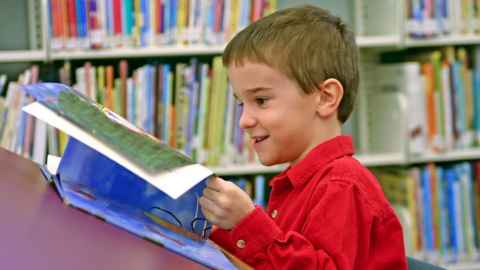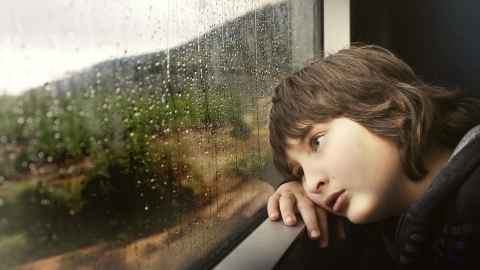Valuing young children as philosophers
07 March 2019
To mark Children’s Day on Sunday 3 March, Maria Cooper and Marek Tesar reflect on how all children deserve teachers who positively welcome children’s questioning as philosophical thinking.

There is something provocative in the call to recognise and listen to young children as philosophers. This was the thought-provoking challenge posed by Dr Viktor Johansson and Associate Professor Andrew Gibbons to an audience of academics and practitioners on Epsom Campus during the recent Early Childhood Seminar Series seminar: A dialogue on dialogue — Philosophical engagement in early childhood education.
It prompts numerous questions. How do teachers nurture their ability and children’s ability to philosophise, to think critically and creatively about their experiences with others? What value do teachers give to educational experiences based on the eternal question of "why"? What opportunities do teachers offer children to engage curiously and vigorously with their worlds as a natural form of sense-making? And finally, in what may seem oxymoronic, how can we combine the words “young children” and “philosophy” in one sentence?
All children deserve teachers who embrace questioning as a welcome catalyst for philosophical thinking, and see it as an essential part of childhood.

Interpreting the work of the philosophers Wittgenstein and Cavell, Dr Johansson and Associate Professor Gibbons, visiting speakers from Södertörn University and AUT, invited educators to imagine a world where teachers think beyond the frame of what they think they already know and have experienced, and listen to children with an open mind. It would mean taking children’s ideas seriously. It would require teachers to truly listen to, think seriously about and engage with children’s philosophical questions.
The Early Childhood Seminar Series audience was invited to consider the importance of giving children ample opportunities to express their desire to question, to debate and to reason the happenings of their world as a fundamental part of childhood. The speakers elicited the audience’s thoughts about adults’ ability to listen and engage with children philosophically about all ideas — from the most mundane to the most profound.
What is critical is being open to challenge how the world appears to us as adults and posing questions about the most fundamental aspects of our life. To genuinely listen with an open mind, we need to accept discomfort as we put aside our own knowledge and experiences, and find ways to engage children in dialogues that are free of rigid and pre-determined outcomes. It also means respecting and honouring children’s rights.
Dialogue is key — providing a mutual space through which teachers can truly listen to and engage with children, and also with each other. The dialogue at the Early Childhood Seminar Series event reiterated participants’ strong beliefs that all children deserve teachers who embrace questioning as a welcome catalyst for philosophical thinking, and see it as an essential part of childhood.
This seminar provoked us to consider how as teachers (and adults) we might step out of the zone of always knowing and into a zone of not knowing, even if momentarily, so that children may question, make sense of, and ascribe meaning to their own lives.
Dr Maria Cooper is a Senior Lecturer in early childhood education in the School of Learning, Development and Professional Practice.
Dr Marek Tesar an Associate Professor in childhood studies and early childhood education in the School of Learning, Development and Professional Practice.